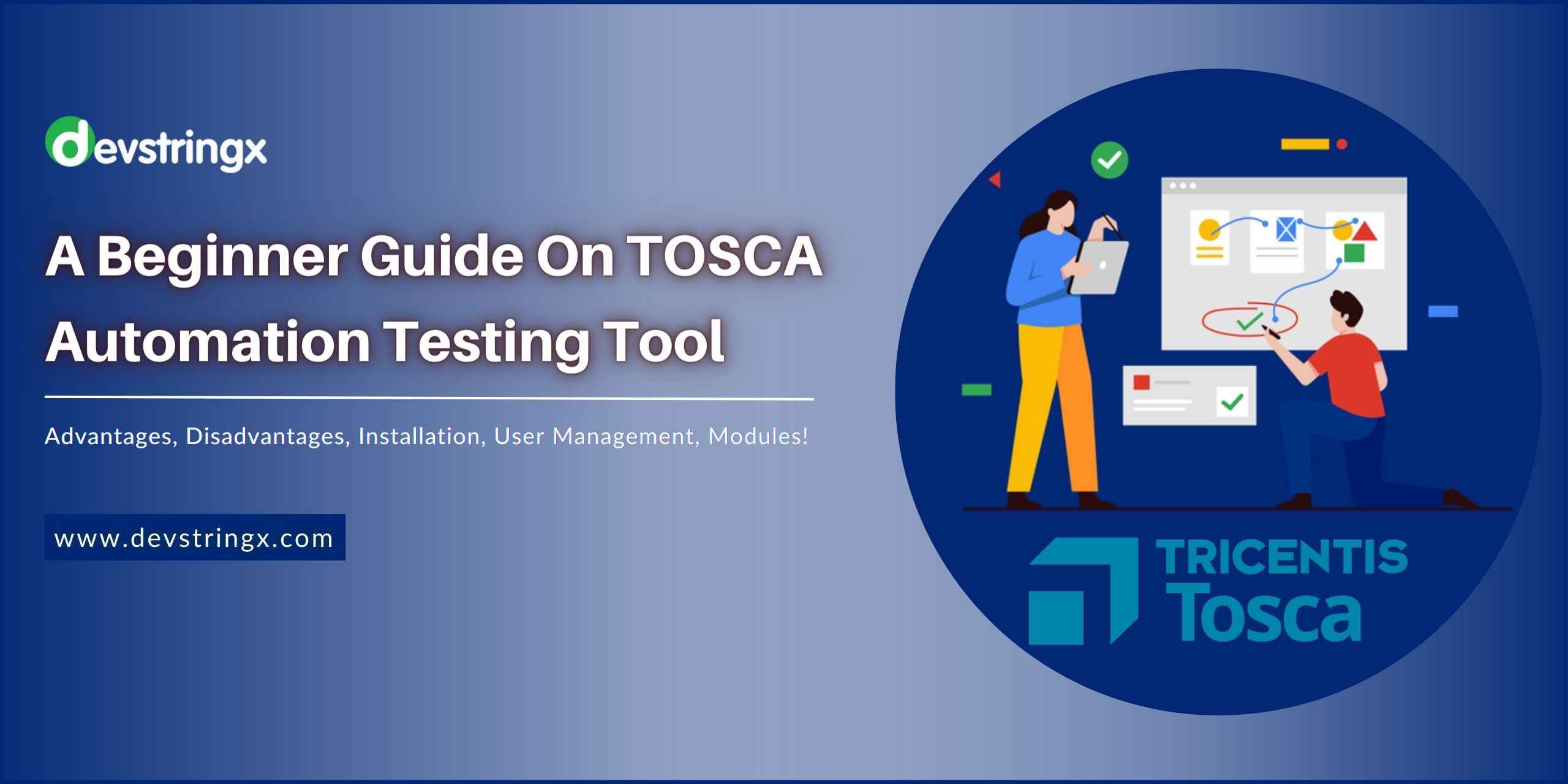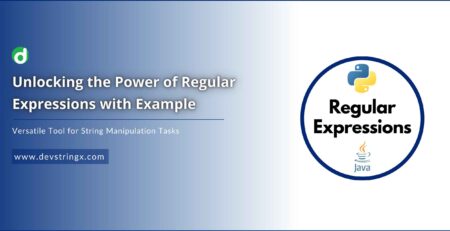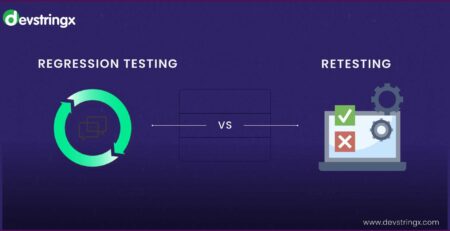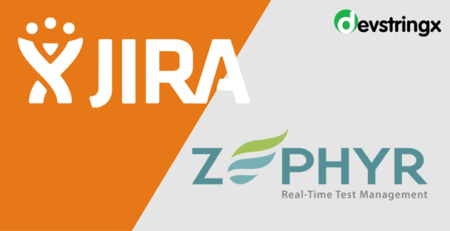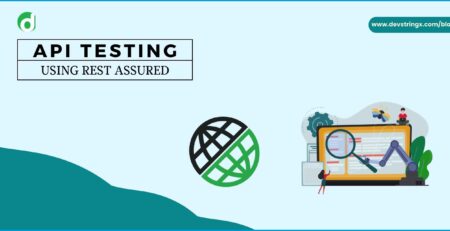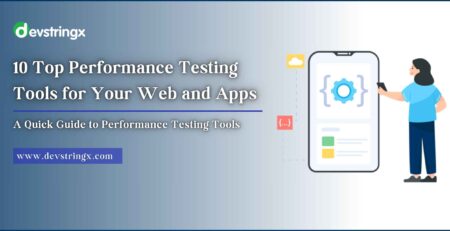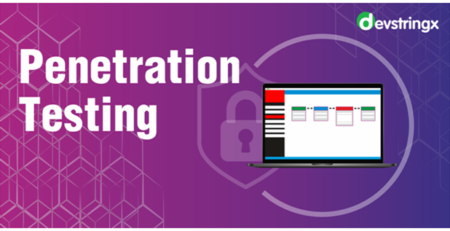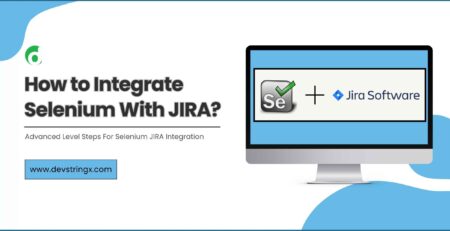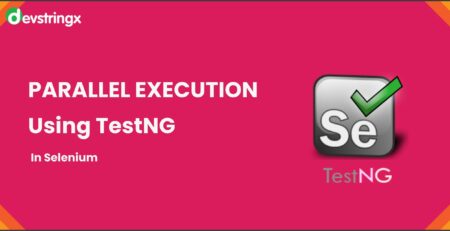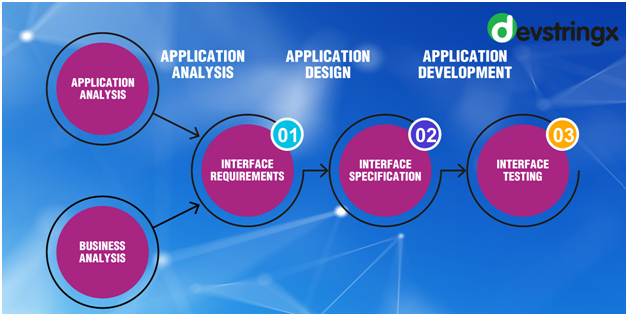Tricentis Tosca Tutorial: Automation Tool | Pros and Cons, Installation – DS
Tricentis Tosca Automation Tool Tutorial
- Tosca is a software testing tool that helps to automate web, desktop, mobile, and API applications.
- It supports DevOps and Agile methodologies and is used to test applications built on various platforms such as SAP, .NET, Java, Salesforce, etc.
- Tosca has the ability to generate scripts automatically using AI technology which reduces time and effort.
Advantages of Tosca
- In Tosca, no need to write any frameworks. It offers a model-based automation process.
- It offers Script automation.
- Manual testing and a Test management system are also available.
- It provides copy-paste features for various test cases and modules.
Disadvantages of Tosca
- We cannot use Tosca on Linux and MacOS.
- When working on large projects or complex systems, Tosca can experience performance issues.
- Time-consuming test maintenance.
- It requires a lot of time to set up and understand.
Installation of Tosca
- Go to the URL: https://www.tricentis.com/software-testing-tool-trial-demo/tosca-trial
- Fill in all the details and start your free trial.
- By clicking on the ‘Start file download’, Tosca will start downloading.

- After opening the ‘Tosca Commander’ and activating your license.

- Click On Connect
- ‘Connect to Cloud-hosted License Server’
- Enter the login credentials and Click on ‘OK’.

User Management on Tosca
- Tosca allows admins to manage all user-related tasks.
- As a member of the Admin user group, an individual can create, activate and deactivate users and assign them to user groups and set passwords.
How to access User management in Tosca?
-
- Click on Home -> Project.
- Click on the User Management tab, as shown in the image below:-

- In the User Management tab, Multiuser contains Admin and All users:
- Admin group includes all administrators.
- All Users group includes all users of the project.
- You can also create a user and put it in an Admin group and User group:
- Right Click on Admin group Click on Create User Icon ( ) and set a password for the user created.

Good to Read:- Trending Automation Testing Tools in 2023
How to Create Workspaces in Tosca?
- To create a workspace in Tosca, Click on the ‘Create New’ button.
- Select Type of Repository:-
- None (create a new single workspace)
- SQLite
- Oracle
- MS SQL Server
- DB2
- Define the path where the workspace should be saved.
- Enter a name for your workspace.
- Click on the ‘Use Workspace Template’ checkbox and then click on OK.

Modules In Tosca
- We can Scan Test objects via module folders in the modules section.
- In Module folder, By default we have Standard modules contain all the operations that will be use generally further in the framework.
- We can create a folder called User defined modules where we can create our own modules by scanning any application and used these modules in the TestCase creation.
- For Scanning, Right click on the Module folder and click on Scan.
- Scan drop-down offers different scanning options:
- Application
- API
- Mobile
- Remote Terminal and more

- For example: If you want to Scan an application, simply click on :- Scan -> Application
- A Window will be appear as shown in image:

- Select application which you want to scan and Click on Scan
- After clickin on Scan button, another window will appear that contain all the elements in the application.
- Simply select the checkbox of an element which you want to use and click on Finish screen.

- After that check your module folder in the workspace, you will a see a folder inside Module that contain all the elements you selected at the time of scaning.
- Using this steps, you will be able to create your own modules.
Good to Read:- List of Top Manual Testing Tools
Action Modes In Tosca
- Action Modes perform reading on input operations on control.
- For Input Operations:
- Input – It is used to transfer values to test objects.
- For Reading Operations :
- Buffer – If input values are using more than once, they can be buffered.
- Verify – It allows values in test objects to be verified.
- WaitOn – It interrupts the system until the specified condition match.
- Select – It allows you to select specific nodes.
- Constraint – You can limit the search until it finds a single element.
Test Case Creation in Tricentis Tosca
- You can simply create testcases by dragging and dropping the modules in TestCase folder.
- Create a folder under the Testcase Folder; In the Test Configuration tab you can set the Global Parameters like URL of application, Username, Password and more.
- For adding Global Parameters, Right Click on Folder Name -> Click on Test Configuration parameters as shown in image :

- Create a Scenario:
- First Scan the application and store the steps in the Module folder.
- Drag and Drop them in a sequence in which you want to execute the test case.
- You can also create a Library, for reusability of steps.
- If you want to change the parameter value in any test case, you can simply change it in library and it will reflect in all testcase which use that particular library.
- In the Image shown below: There is one scenario for login in an application.
- Drag and Drop one module to testcase folder and rename it as Login that contains all the parameters as shown in Details
- Created a Library for login scenario, now testcase refer to a library as shown.

- For executing the testcase, right click on the Testcase1 and Click on ‘Run in ScratchBook’.

Empower Your Product Success, Contact Us & Hire India Top-Rated Independent Software Testing Services today and ensure a bug-free experience for your users!

